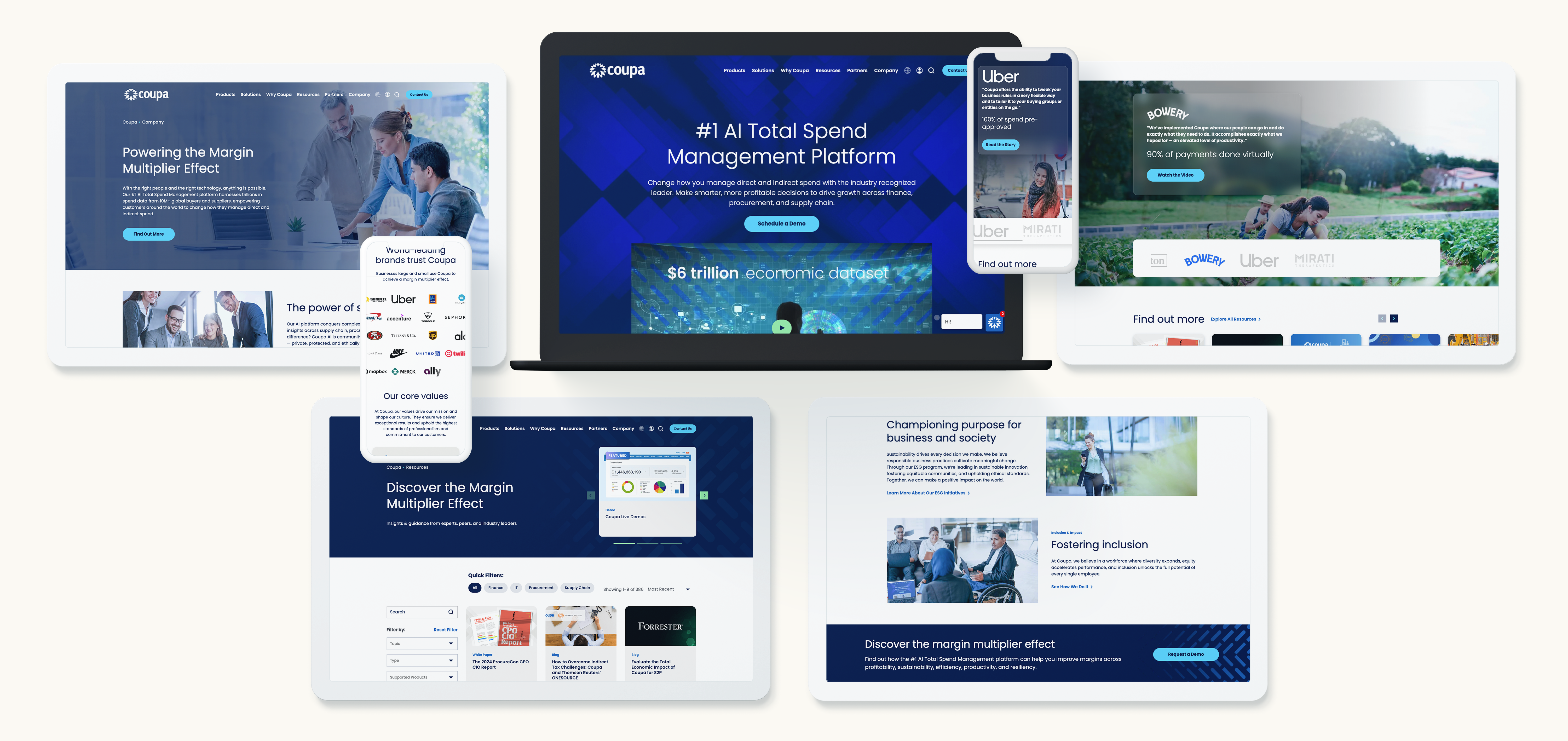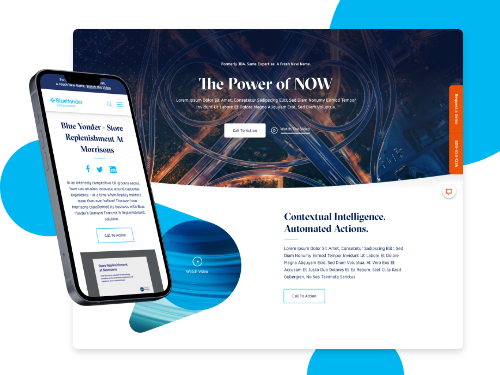Artificial intelligence (AI) is revolutionizing search engine optimization (SEO), making it easier for businesses to improve rankings and visibility. From automated content optimization to predictive analytics, AI-powered tools help marketers refine their SEO strategies efficiently. In this guide, we’ll explore how AI is transforming SEO and which tools can give your brand a competitive edge.
How AI is Transforming SEO
AI enables more precise keyword targeting, smarter content recommendations, and real-time performance analysis. Businesses that embrace AI-driven SEO gain a competitive advantage in the digital landscape.
Key Benefits of AI-Driven SEO Tools:
- Enhanced keyword research: AI identifies emerging trends and high-value keywords.
- Automated content optimization: AI-powered suggestions improve readability and relevance.
- Smarter link-building strategies: AI detects valuable backlink opportunities.

Top AI Tools for SEO Optimization
1. AI-Powered Keyword Research
Tools like Clearscope and Semrush use AI to analyze search trends and recommend high-impact keywords.
2. Automated Content Optimization
Platforms like SurferSEO and MarketMuse help structure content for maximum SEO value.
3. AI-Based Technical SEO Audits
Tools such as Screaming Frog and Lumar identify and fix website issues automatically.
4. Predictive SEO Analytics
AI-driven analytics forecast search engine trends, allowing businesses to adapt proactively.

The Future of AI in SEO
Voice search optimization will become increasingly important as more consumers rely on smart assistants for search queries. AI-generated content will streamline content creation, enabling brands to scale their digital presence efficiently. Additionally, real-time SEO adjustments will allow businesses to respond dynamically to algorithm changes, ensuring sustained search visibility. By leveraging AI-powered tools, companies can stay ahead of the competition and maximize their online impact.
Want to leverage AI-driven tools for better SEO performance? Contact Bluetext today to optimize your strategy for success.





